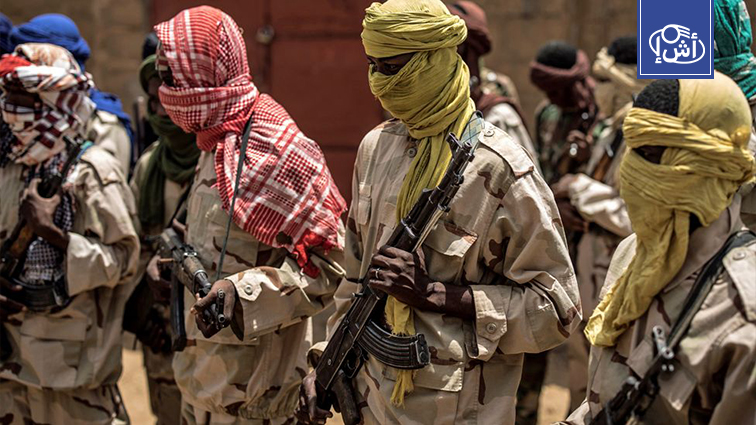The British newspaper “The Guardian” published a report dealing with the phenomenon of kidnapping, which is worsening day after day in an area described as the “Triangle of Death” in Central Africa.
This phenomenon forced residents of the areas located on the border, which links three countries: Chad, Cameroon, and the Central African Republic, to arm and defend themselves as irregular guards, according to the newspaper.
Amos Nangio, the Guardian’s correspondent in West Africa, said in his report that people in southwestern Chad are using bows, arrows and spears to fight gunmen who have turned kidnapping professionally.
“We guide the gendarmes in the bush, but we are also the first to pursue criminals after they kidnap someone or some people,” Amos Nangio, head of one of the units in Bala, which borders Cameroon, was quoted as saying to Agence France-Presse.
The increase in kidnappings in the region is due to economic interests that include human trafficking, livestock theft, drug trafficking, and lack of security, as porous borders allow armed groups such as “Boko Haram” to move freely. Also, after the fall of the Gaddafi regime in Libya, weapons flowed into the region, which contributed In fueling conflicts, according to the report.
Groups active in the region include “Boko Haram,” which moves across the border to find victims or allies, Fulani herders who may be perpetrators and victims at the same time, “Zaragina” gangs, in addition to mercenaries in the forests of northern Central African Republic.
According to Chadian authorities, people in the area paid ransoms amounting to $71,000 in 2022 and $82,000 in 2023.
Kidnappings disrupted the movement of goods and livestock, as well as making farmers afraid to work, causing crop damage and food shortages.
Sudan opens Adre border crossing to send aid to Darfur
